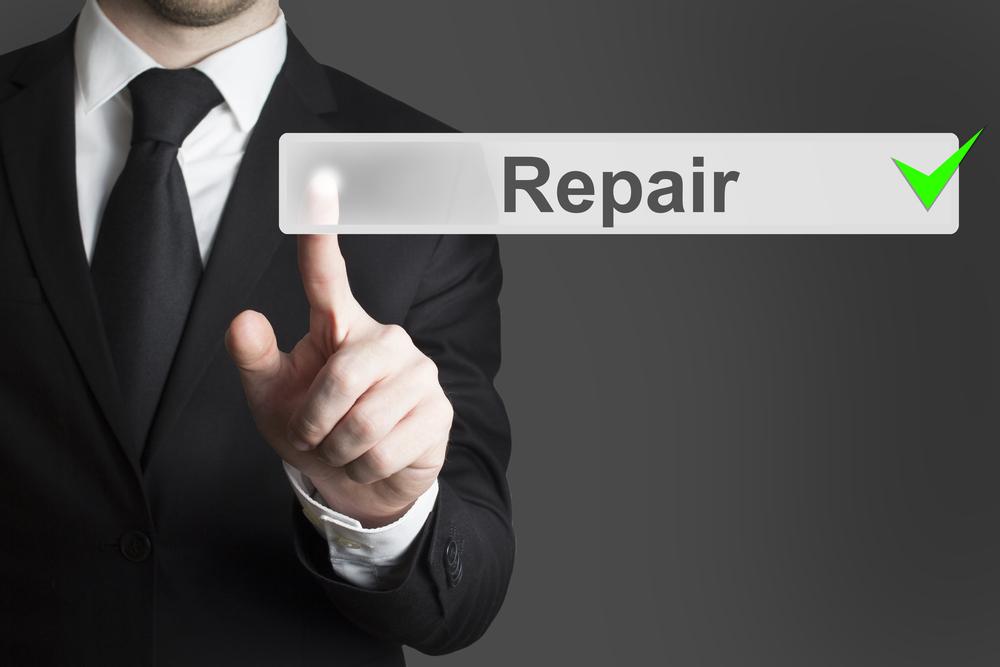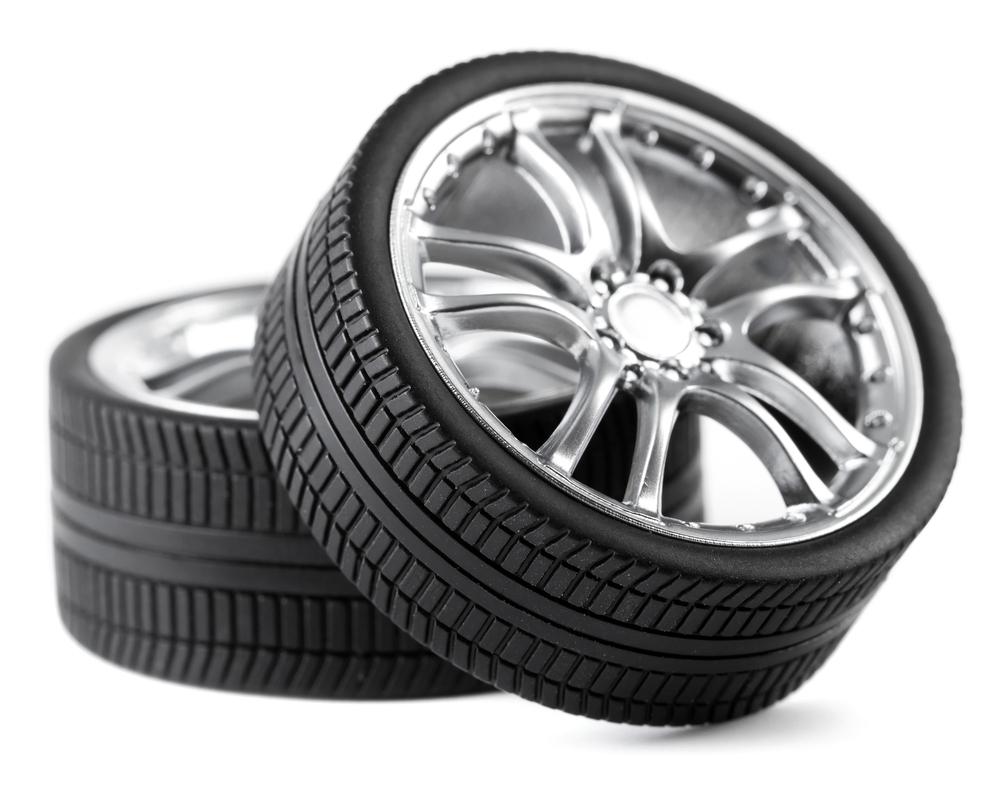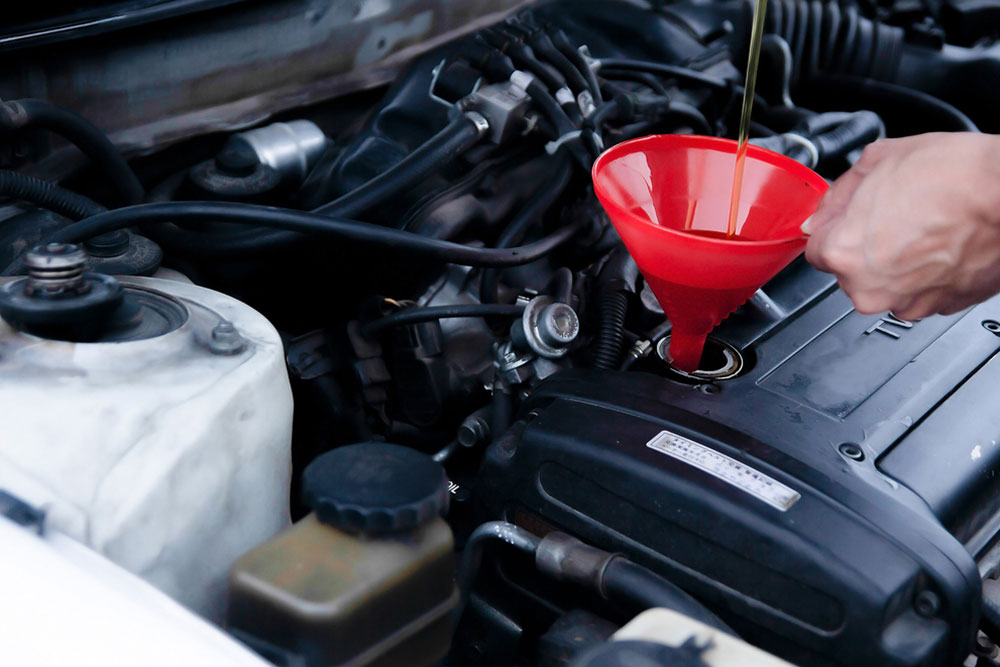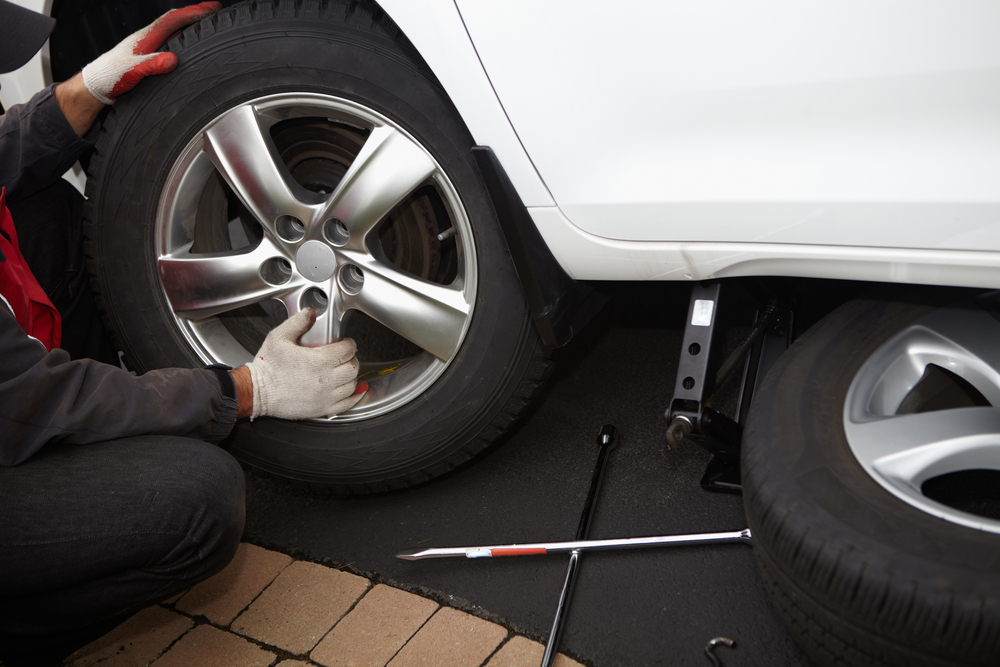Top 4 Reasons Car Warranties Can Be Voided
Discover the key reasons why your car warranty might become invalid. From modifications and non-approved fluids to usage patterns and maintenance documentation, understanding these factors helps protect your coverage. Learning these pitfalls ensures that your vehicle remains eligible for repairs and service under warranty terms, saving you time and money in the long run.
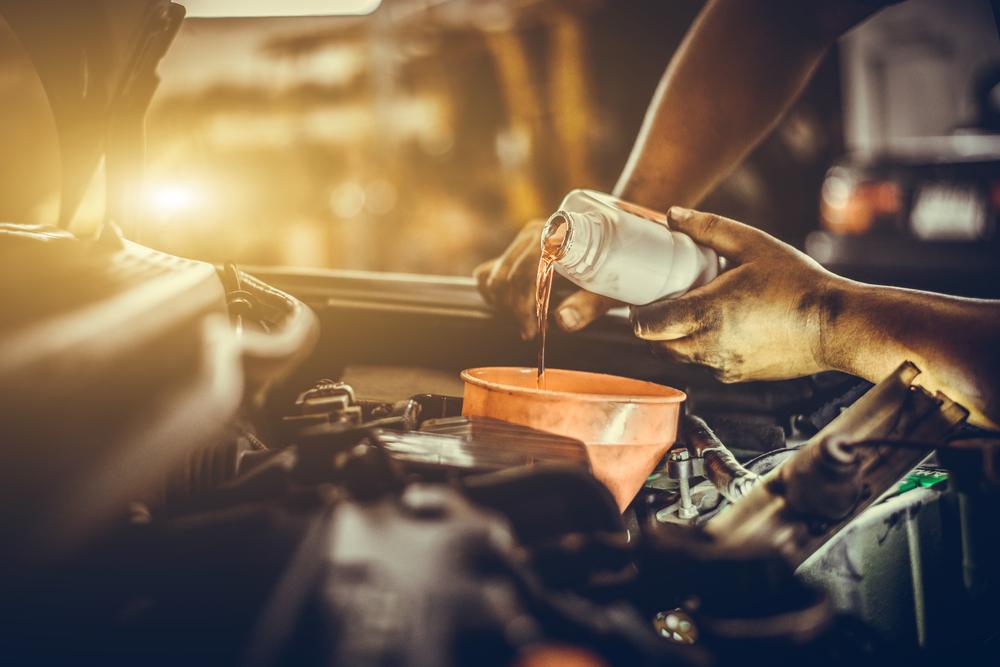
Top 4 Reasons Car Warranties Can Be Voided
Carefully reviewing your vehicle warranty reveals numerous clauses that exclude coverage, especially if maintenance procedures aren't followed or modifications are made. The warranty acts as a legal agreement between you and the auto manufacturer. Even if your purchase is through a dealership, they handle the paperwork to formalize this agreement. Failing to comply with specific conditions can lead to warranty cancellation, meaning repairs may not be covered.
Below are four common causes that could lead to the loss of your vehicle’s warranty coverage…
1. Vehicle Modifications and Customizations
Installing aftermarket parts like turbochargers, performance chips, or lifts can alter your car's original design and potentially void the warranty. If the manufacturer finds that modifications caused damage, they can refuse to cover repairs. Using non-standard tires and aftermarket wheels may also invalidate warranty coverage on certain components.
2. Use of Non-Specified Fluids
Your car's warranty often depends on using manufacturer-approved fluids, including oils and lubricants. Changing fluids with non-approved products or servicing your vehicle at an unaffiliated garage without following specified types and schedules can jeopardize warranty coverage.
3. Vehicle Usage
Heavy-duty activities like towing or exceeding load limits could void your warranty. Many warranties contain clauses that exclude coverage if the vehicle is used beyond normal parameters, especially for hauling large loads. Proper safety features for towing are often included; neglecting these can cause damage and cancel warranty benefits.
4. Maintaining Proper Records
Keep thorough documentation of regular maintenance and repairs. Failing to provide proof of service, especially if repairs are done outside the dealership network, can lead to warranty disputes. Retaining receipts ensures compliance with the maintenance schedule.
Important Note:
Our blog offers insights across multiple categories to provide valuable information. Use our research as a reference, but understand that it shouldn't replace professional advice. We are not responsible for discrepancies or outdated data found elsewhere. Also, some special offers or schemes might not be included in our coverage.

